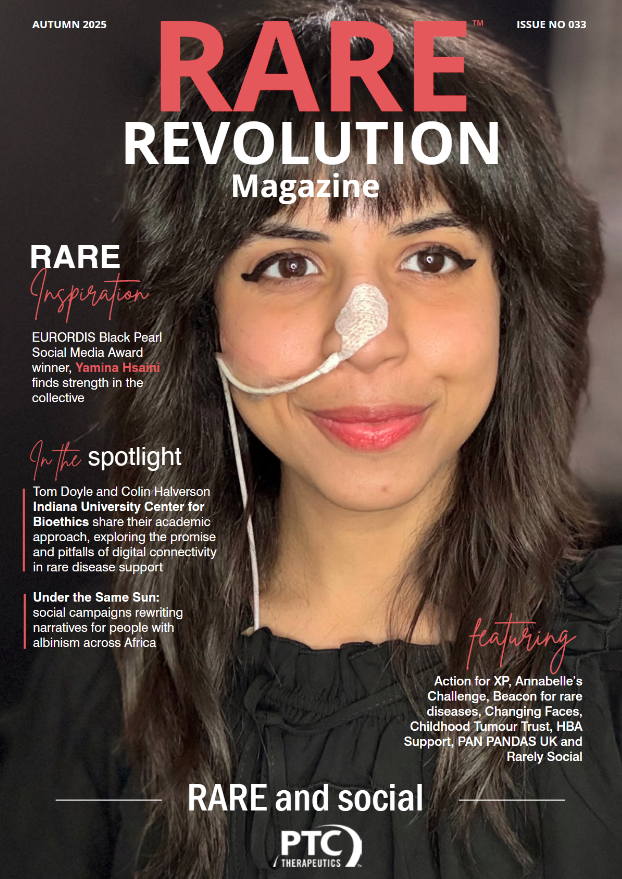READ, LEARN, SAVE, PRINT & SHARE
10 Top Tips for RARE parents
10 Top Tips for RARE parents
Top 10 #RareParenting Tips – Rebecca Pender
1.It’s ok to feel relieved– If you have fought a hard battle to get to this point you may be overwhelmed with the relief that you trusted your own voice and kept going until you got answers. It is ok to have 60 million more questions after receiving a diagnosis. You now have a direction you can research in and connect to find answers.
2. It’s ok to grieve. You are not grieving for your child but for the picture you initially had in your head of what your life would look like. It’s ok to have those feelings just don’t let them weigh you down and carry them forward. They can prevent you from seeing all the joy that is to be had.
3. Become an expert. Don’t expect professionals to have all the answers – it’s not their fault, the likelihood is, especially with rare conditions, they have simply never come across the condition before. Become the expert on both the condition but also what it means for your child. Work WITH professionals, not against them. It’s important to form a coalition with them and redress any imbalance of power.
4. Connect. Join Facebook groups and patient support groups and connect with other families with the same condition, they are a treasure trove of information, lived experience, love support and guidance. It is so important to find your tribe and feel that you can go to them for advice and anytime you are worried or just need a chat.
5. Research – By all means research the condition and get involved in research and connect with others with the same condition and share stories. BUT don’t define your child’s future by others’ development. Guides, while useful, don’t account for love, tenacity, stubbornness, nurturing, encouragement, happiness, strength and determination.
6. Learn the power of saying No. – Summon your inner strength. It’s not a straight road, there are twists and turns, conserve your energy for the battles that really count. Don’t waste time on prisoners. If a path or treatment doesn’t align with your family’s best interest, look for alternatives. Stay true to yourself.
7. Communicate. You may find that certain friendships end but also that your life becomes completely enriched by your new friendships and connections. Talk to your child like they understand everything. They’re listening and feeling everything you do together. Make your world a better, more inclusive place for your child and speak your truth.
8. Involve your family and siblings. – Letting children know their sibling has a rare condition is important. They will be the ones who exude acceptance automatically as they grow and enter the world. Use child-friendly language and encourage them to share with their peers. I personally love the book “Chromosome Kids like me” by Annette Fournier its easy to follow rhyme makes explaining complex genetics easy for children.
9. Accept and ask for Help. – People tell me that I am supermum and they couldn’t do what I do daily. While it comes from a good place, all this does is perpetuates the myth that we all need to be strong and 100% in control of our mental health at all times. It’s unhealthy and leads to emotions and inner turmoil. Feeling like we can’t express or we may appear weak.
It’s OK to not be OK.
10. Find Breathing Space – No one ever truly prepares you for sleep deprivation and fatigue in the first few years of parenthood. Add a child with a rare condition into the mix and this can be overwhelming. Make time for you. It doesn’t have to be outlandish or kept to a strict routine. A quiet coffee, a guided meditation on your phone or a day away. It all helps reenergise and refocus us.


